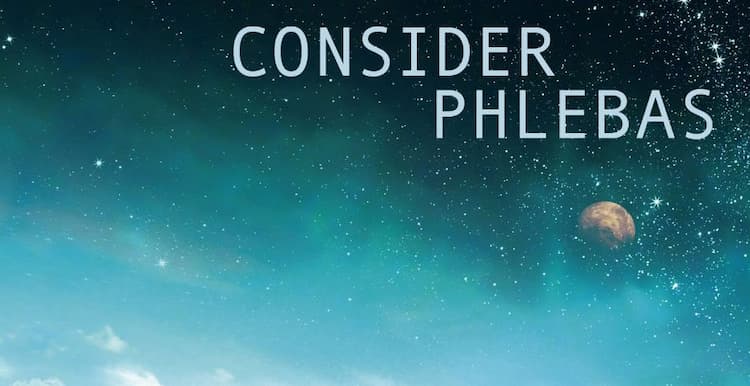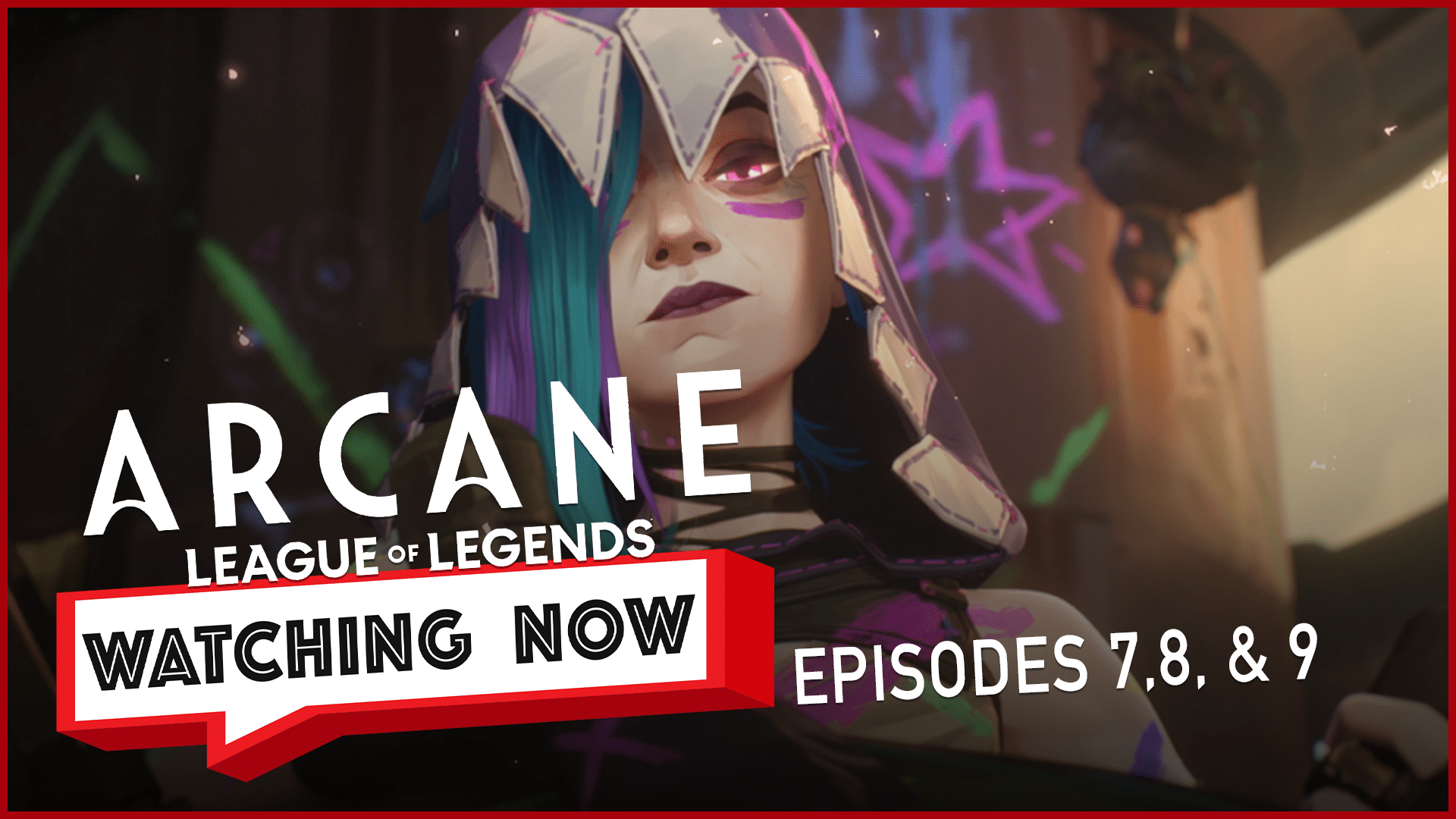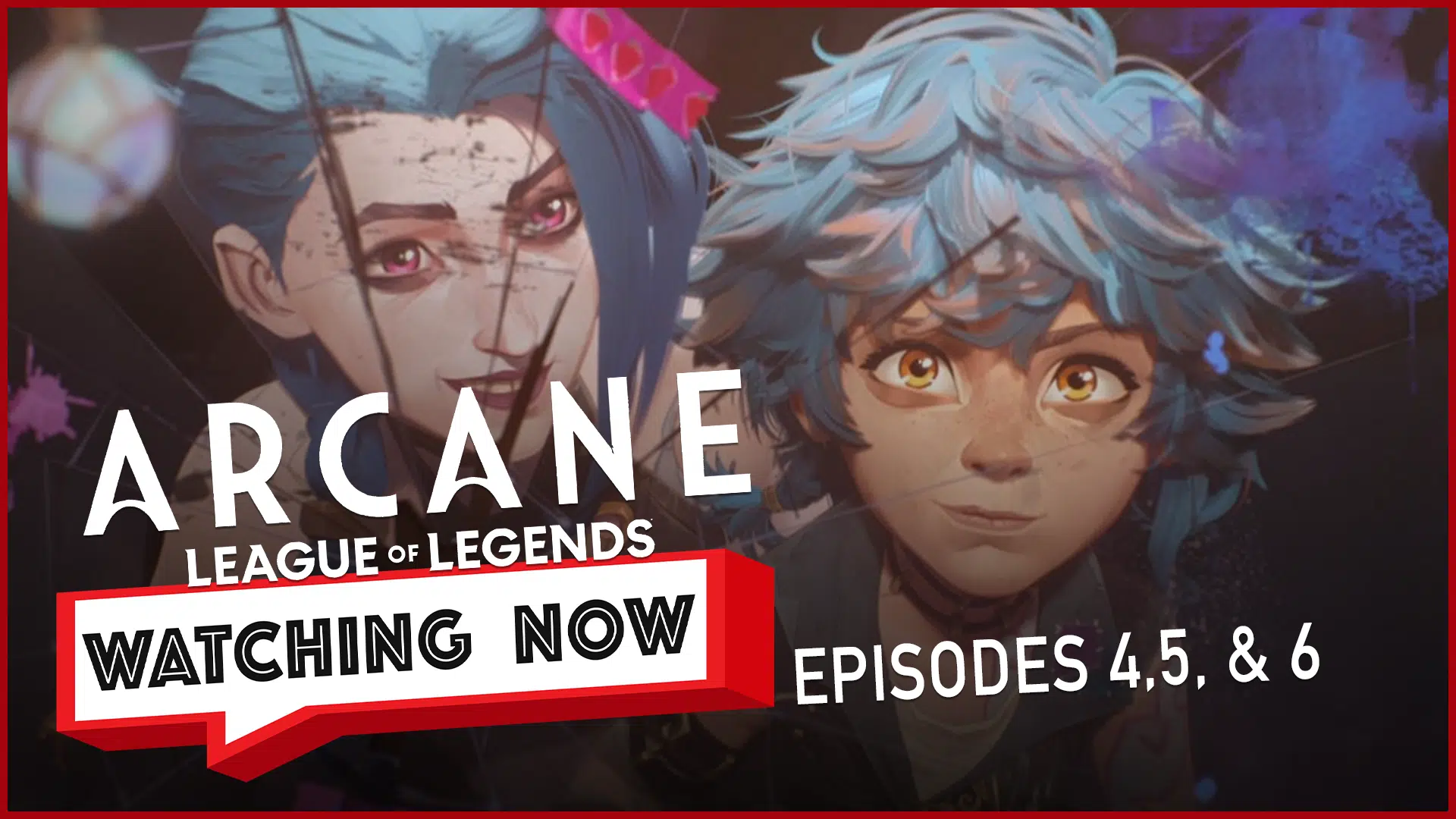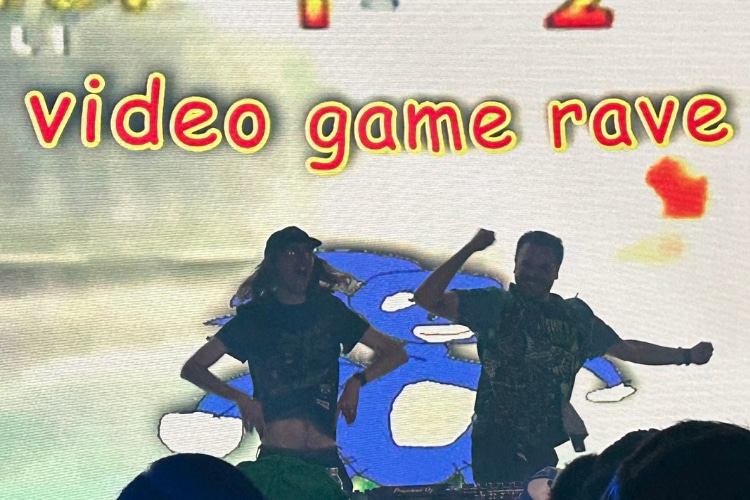
In order to properly review a book old enough to be called an ‘elder millennial,’ one must look at three qualities. Its timelessness, its impact, and its comparison to the other works it inspired. Consider Phlebas (1987, Iain M. Banks) was Bank’s first foray into science fiction and is a massive, sometimes brutal, but cathartic experience to read, and re-read.
Rules? More like Suggestions

The ground rules of the universe: A pan-humanoid civilization exists called The Culture. This is a post-scarcity, megastructure-building, decadent, peace-loving civilization where godlike AIs known as Minds oversee everything. These are the bad guys. They are in a war with the Idirans, a religious crusade driven by functionally immortal, speciesist, 10-foot-tall tripedal beings who are incredibly fast, smart and strong.
Our protagonist, Horza, is a shifter capable of emulating any humanoid given a bit of time. He’s kinda-sorta working for the Idirans against The Culture, as they all chase a lost Culture Mind. Consider Phlebas takes us on a tense journey with Horza, starting by escaping being drowned in a ritual sewer, then running across the galaxy with the Culture hot on his heels.
This is not a book lacking in ideas.
While Banks didn’t invent the megastructures (that honor belongs to Larry Niven in his Ringworld series), he positively revels in the depiction of them as places where people can live and thrive. The inspection of time and place of writing highlights a rebellion from post-WW2 scarcity and Thatcherite neoliberalism to the setting of the Culture. In a world of continuous bootstrapping and belt-tightening, the most revolutionary thought is that scarcity is a choice.
Bank’s Vavatch Orbital megastructure is ‘merely’ tens of millions of kilometers in diameter and covered in a gigantic ocean for massive luxury cruise ships. It is also being destroyed at a set time and date by the Culture. These are the terms of this war. Fleets destroy each other, and megastructures are destroyed, but generally with enough warning to move the trillions of civilians to safety.
On the soon-to-be-destroyed Vavatch Orbital is a card game known as Damage. This card game is such an important part of the plot that a different writer might have written that series instead. It has simple rules, but the player’s emotional state is altered and broadcasted. A losing hand results in the literal and permanent death of one of the people you brought with you for the game. There are groupies who follow these games just for the emotional high of the players, and there are volunteers to be a player’s ante.

Both of these examples show a deeply expanded set of choices. The choice to sacrifice oneself for a card game, or the choice to prosecute a war and by what terms. Choice is the actual science fiction element of the setting. In a universe where everything is accepted and acceptable, where does conflict arise? The exploration of these ideas shows the fundamental humanity of needing to make these types of decisions – to do something that matters because it matters, even in a world where the day-to-day is alien to a reader.
Horza has chosen to align with the Idirans, despite being regarded by them as somewhere between mascot and pet, because at least they believe in evolution, struggle, and biological ascendancy. In order to further their mission, he takes the initiative to hunt down the lost Mind and in doing so, is on the run from everyone. Piracy, Gambling, scheming, all to get in the good graces of the Idirans. In his mind, the Culture has abandoned any semblance of civilization to the Minds that run their society.
But as we, the readers, are asked to follow the idea of biological evolution rather than cultural evolution, we are brought to the fundamental philosophical effort ourselves – to think through our preconceptions. While the Idirans are always on the hunt for self-improvement to take over the galaxy, the Culture has decided where it is good enough, and Horza finds this abhorrent. How dare someone simply exist without struggle!
Still Fresh?
Thematically, the book is timeless. Reading 37 years after publication still finds relevance in the themes, and the distasteful moments are there to be unpleasant, rather than as author fantasy fulfillment. The argument “Humans are no longer evolving” still makes the rounds. With the recent proliferation of Large-Language-Model based AIs, the idea of humans still holding the reins of decisions is more important than ever. The religious motivations of the Idirans to start a war are not deeply explored, although the subtext is there. Can a religion tolerate post-scarcity?
Consider Phlebas’s exploration of choice also applies at a cultural level. Can a pacifist culture defend itself with lethal force? If so, by how much? Is it enough to reach a ceasefire, or should victory be pursued? Written in the 80s, with the memory of the unconditional surrender of the Axis in World War 2 closer at hand than the modern subtleties of the Ukraine and Palestinian conflicts, the question still bears fruit by the asking.
This gleeful array of settings and set-pieces, contrasted with the utter degradation and nihilism of war, certainly carries on a long tradition of stories that show the highs and lows of humanity, especially in wartime. Each new location and scheme is explored with a driving and taut prose that follows a continuous crescendo, with little pause in action or in tension. The exposition is crisp and explains what’s going on with a rare clarity. Technology is not a mystery in this book, it is a well-introduced companion. Imagine Geordi LaForge dropping enough technobabble to satisfy your Aunt who works at NASA.
A Cultural touchstone or niche?
In terms of impact, Consider Phlebas is a sleeper. Have you ever heard the phrase “Fully Automated Luxury Gay Space Communism“? The thought that maybe AIs can be better than art thieves and Terminators? This is the work that brings these thoughts to life. It is worth noting that Consider Phlebas and Star Trek: The Next Generation both released in the same year. The elevator pitch for The Culture novels is: “What if you had Star Trek technology and used it everywhere for everything as fast and as far as possible?”
Perhaps the most significant impact of Consider Phlebas is that it spawned 8 sequels, which is no mean feat. None of the other Culture books are directly connected in plot or characters to this work or each other, although large events are referred to in other works.

It is by comparison with the rest of the series that Consider Phlebas falls short. With so many ideas to choose from and so much to say, the book suffers from a lack of focus and message discipline. Compared to even its immediate successor (Player of Games, Banks, 1988) there is a sense of seeing the galaxy without direction.
As I alluded to earlier, Banks could have made books out of about a dozen ideas in Consider Phlebas. The winner turned out to be The Culture itself, which was the correct choice, but the ‘Pilot’ of the series does feel like it’s trying out ideas. This viewpoint is a privilege of having read the whole series. As Banks unfortunately passed in 2013, it is available to all of us.

Later Culture novels also expose that Consider Phlebas tried out a variety of setting elements which were promptly and properly thrown out. If you find a plot hole in your read-through, it is happily hand-waved or ignored in later installments. This is still a head-scratcher and a thinker and stands on its own but pales to the storytelling might of the later installments.
Is this a book worth reading? For a science fiction fan looking to expand beyond the standards, absolutely. Is it the correct entry point into the Culture novels? Only if you intend to read the rest of them. Otherwise, I would start with Player of Games.
With all of these caveats, I would rate Consider Phlebas a strong 7/10.




